 TURA, MAR 24: The infamous December 13, 2012 Williamnagar six gang-rape accused case were awarded 10 years of rigorous imprisonment with a fine of Rs. 5000 each by a fast track court.
TURA, MAR 24: The infamous December 13, 2012 Williamnagar six gang-rape accused case were awarded 10 years of rigorous imprisonment with a fine of Rs. 5000 each by a fast track court.
Pronouncing the verdict the ad-hoc judge ND Sangma said, “This court is mandated to consider all circumstances bearing on the question of sentence and impose a sentence commensurate with the crime committed.”
None of the family members of the accused were present during the pronouncement of the sentence to the six accused of the gang rape case at Tura on Monday.
The six who have been convicted are — Laston Marak, Tobath Sangma alias Patrick, Platon C Marak, Chengchow D Sangma, Kisen N Marak and Chingkam Ch Marak alias Chiong.
All are in the age group of 18 -20 years.
The verdict also said that if the convicts fail to pay the fine of Rs. 5000 each they will have to undergo rigorous imprisonment for another six months for the offence.
The gang-rape incident took place in Williamnagar, East Garo hills and of the 16 youths who were allegedly involved in the crime, 10 of them are being dealt by the Juvenile Justice Board in Williamnagar.
The defence counsel, however, argued for a sentence lesser than the minimum prescribed under the law. The reasons for such a plea was made as he said:
(a) Accused were very young and hence they have a long life ahead of them
(b) Accused had been drinking during the winter festival, and were inebriated and hence unaware of the seriousness of the offence.
(c) It was crowd mentality and hence no one was responsible for the actions of the others.
(d) All the accused are first time offenders and hence they are not a menace to the society.
The defence advocate ML Thangal sought the minimum possible sentence less than 10 years for the six gang-rape convicts. “I pray before the court for awarding minimum punishment to the accused. The crime was not pre-planned and all accused are just above 18. They should be given scope for reformation”, said Thangal.
Thangal argued for a chance to be given for their rehabilitation and reformation saying and said, “The accused had no prior criminal record. They have served a jail term of 15 months and since the crime is not pre-meditated”.
Thangal also argued that the six accused and others were on a festive atmosphere during the unfortunate incident on December 13, 2012. “The accused are not criminals and were in a holidaying mood. They lost their sense of control, leading to the crime,” he argued.
Seeking lenience in the judgment, the defence account said, “The accused were witness to a beauty pageant, which was held as part of the Winter Festival in Williamnagar. The beautiful girls were wearing tiny clothes. The boys were drinking, and once they saw the three girls, without thinking of the consequence, they chased them. One of them fell-down and two others fled. The victim was screaming but no one came for her rescue”.
Public prosecutor Sebastine Joseph, however, quoted the law and asked for imposition of the maximum punishment of ten years of rigorous imprisonment. Joseph said, “The legislature amended the ‘proviso’ as given in the un-amended IPC since the offenders were not given adequate punishment considering the rising trend of violence against women”.
Reading the sentence ad-hoc judge ND Sangma said, “This court finds no special reason to award a sentence lesser than the minimum prescribed for the offence of gang rape under section 376 (2) (g) IPC”.
The six convicts were also sentenced for a period of one year with fine of Rs. 1000 each under section 323 IPC for having voluntarily caused hurt and injuries without provocation on the victim.
In case on defaulting to pay fine, rigorous imprisonment for another one month will be imposed.
The convicts were also sentenced under section 341 IPC for one month with a fine of Rs. 500 for having wrongfully restrained the victim and pinned her down on the ground by sheer use of force. On default to pay fine, the judge said rigorous imprisonment for another fifteen days will be added.
The court also said, “The fine amounts, if and when deposited shall be paid to the rape victim through her parents”.
The defence counsel however said, “If the parents desires to appeal in the higher court, they can do so.”- By Our Reporter











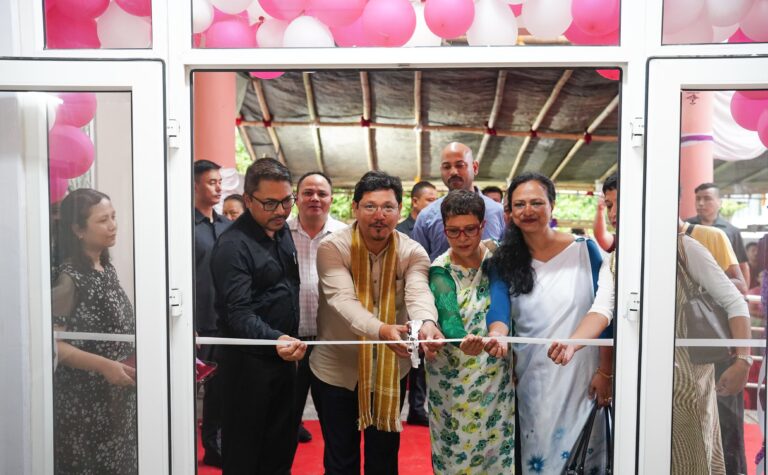

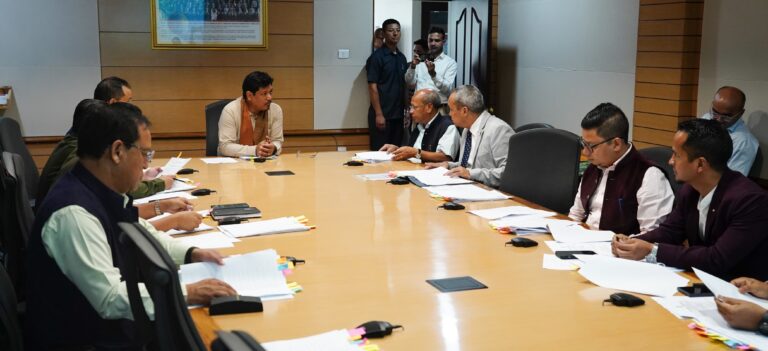

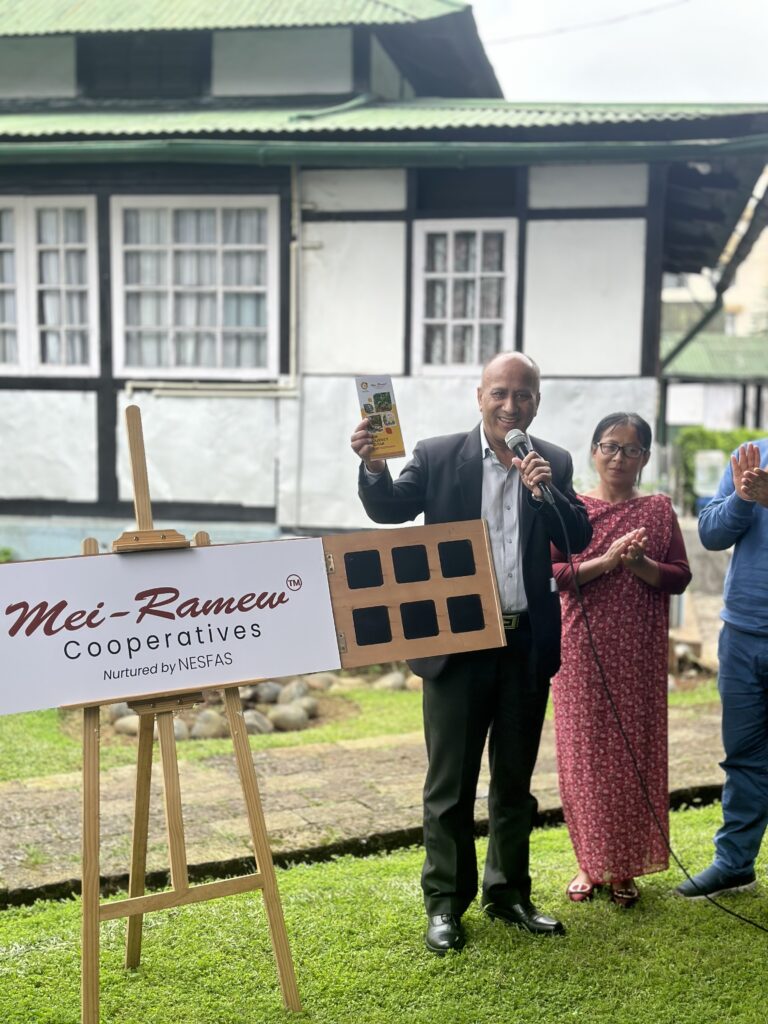
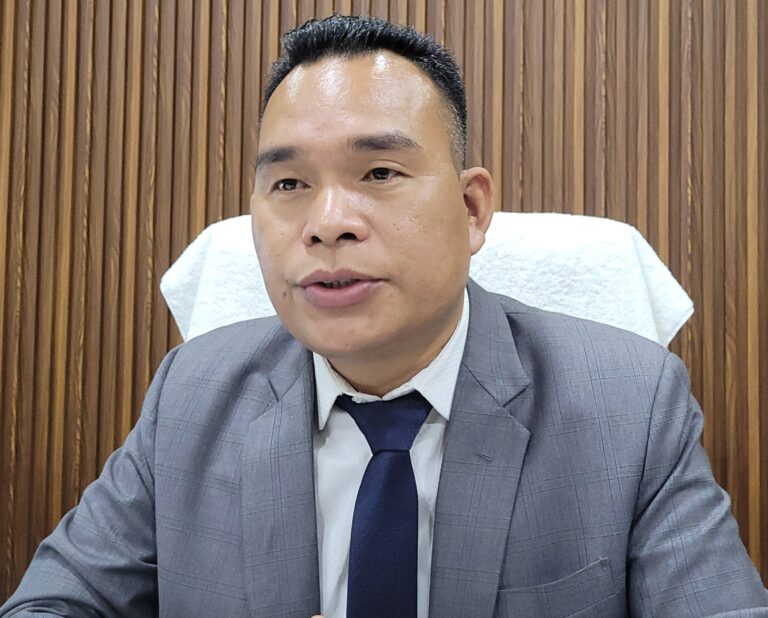
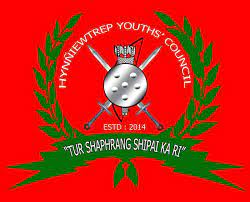


+ There are no comments
Add yours